Subway Pipe Combined Support




| Product name: | Subway Pipe Combined Support |
| Keywords: | Subway Pipe Combined Support |
| Industry: | Transportation - Rail transportation |
| Process: | Stamping - General stamping |
| Material: | Zinc |
Processing manufacturer
- There are 48 manufacturers that provide similar products
- There are 135 manufacturers that provide this processing technology
- There are 99 manufacturers that provide this material processing service
- There are 121 manufacturers that provide this industry processing service
Product details
Subway pipe combined support is a modular support system used in subway engineering to support and fix pipes, cables, air ducts, and other mechanical and electrical equipment.
Key Features
- Modular Design: Composed of standardized components (such as columns, beams, support points, fasteners, etc.), it can be flexibly assembled and adjusted to adapt to different pipe layouts and size requirements, reducing on-site processing.
- No Welding Required: Uses bolts, nuts, and other connectors to avoid welding and mechanical drilling, reducing construction difficulty and cost, while also facilitating disassembly and maintenance.
- High Adaptability: Supports multiple pipe types (water supply, drainage, electricity, etc.), and can adjust height, spacing, and angle according to space and load requirements, solving wiring problems in narrow spaces.
- Durability and Stability: The support material is usually treated with anti-corrosion (such as hot-dip galvanizing or epoxy spraying) to resist high temperature, high humidity, or corrosive gases in the subway environment, ensuring long-term stability.
- Shock Absorption and Vibration Isolation: Some supports are equipped with shock-absorbing pads or elastic materials to reduce vibration and noise during pipe operation and improve system safety.
Design and Construction Points
- Selection and Optimization: When designing, factors such as pipe weight, fluid pressure, and thermal expansion need to be considered, and appropriate support spacing (such as 2m or 1.5m) and materials (such as epoxy-coated channel steel) should be selected.
- BIM Technology Application: Use BIM technology for setting out and prefabrication to ensure accurate parts, and only assembly is required on site, improving construction efficiency.
- Installation and Verification: After installation, use a theodolite and level to adjust the horizontal and vertical level of the support, and perform overload tests (usually tested at twice the total mass) to ensure that the bearing capacity meets the standards.
- Construction Sequence: Install the integrated support first, and then arrange the pipes according to the pipe direction and layers (top to bottom, inside to outside) to ensure firm fixation.
3. Application Scenarios
- Subway Stations: Used to fix integrated pipelines (such as ventilation, water supply and drainage, power cables, etc.), optimize space utilization, and adapt to complex environments.
- Urban Rail Transit: Suitable for new, expanded, or renovated subway projects, and can also be used as a reference for other rail transit projects.
- Other Industries: Widely used in fields such as petrochemical, electric power, and construction due to its flexibility and economy.
Previous article : Embedded Cast-in Channels for Rail Transit Utility Tunnels
Next article : What is a Single Bitt Bollard?
Similar products
More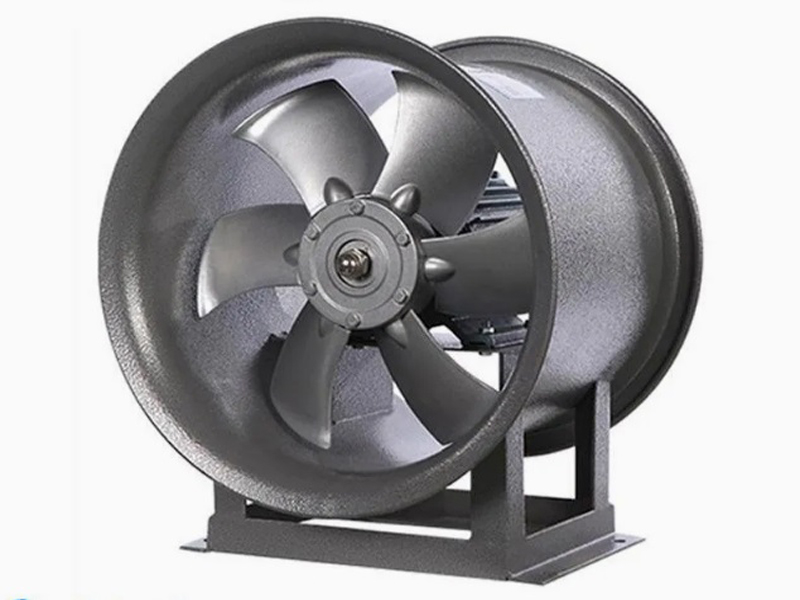
What are the machining processes used for processing axial fan housings
- Process : Sheet metal - Welding
- Material : Carbon steel
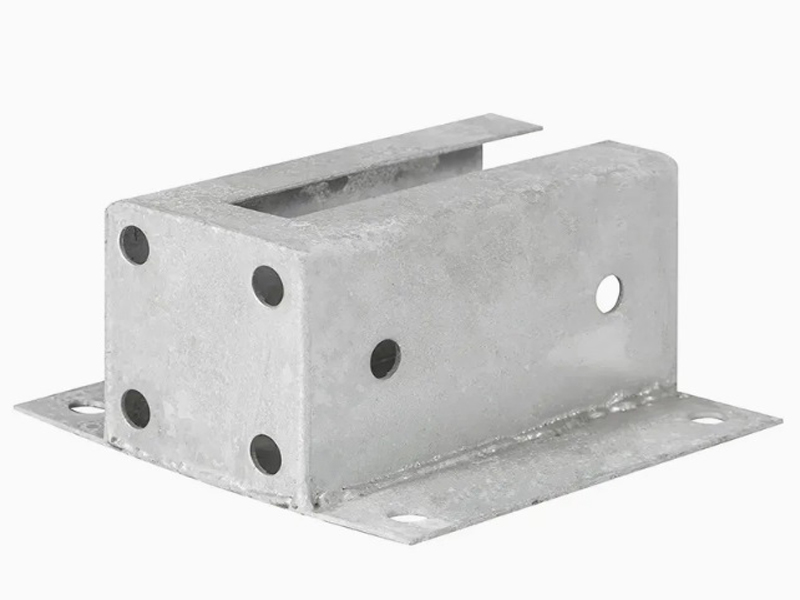
Machining Process Analysis of Carbon Steel Fixed Anchor Plates
- Process : Machining - CNC milling or milling machining
- Material : Carbon steel
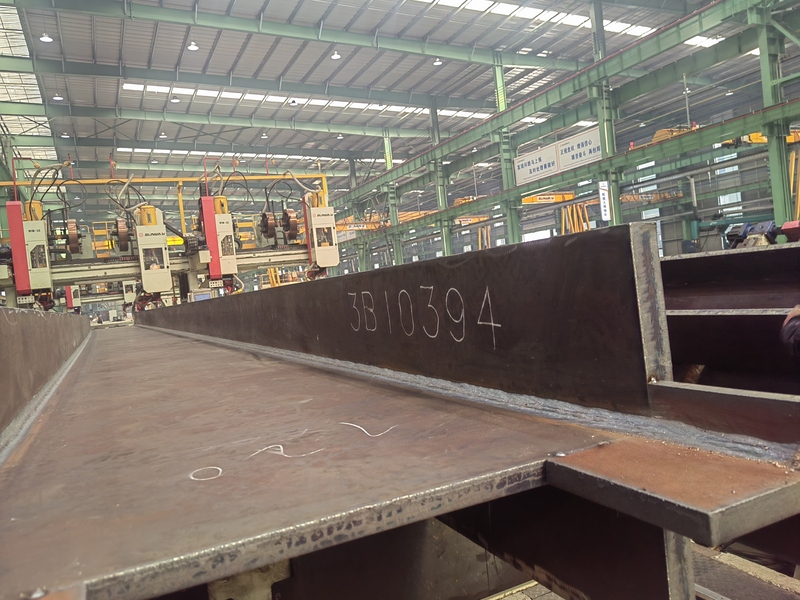
Custom Fabrication of S355JR Welded H-Beams for Construction Projects
- Process : Sheet metal - Welding
- Material : Carbon steel
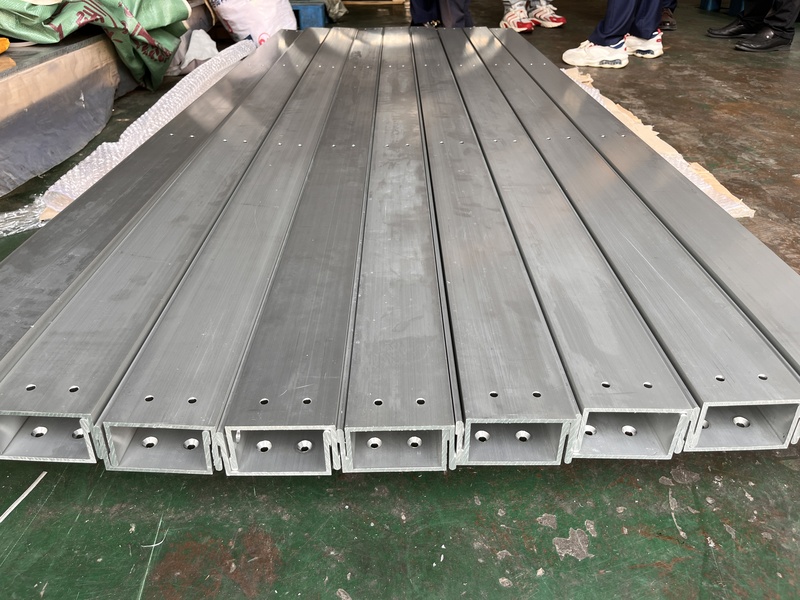
Precision Machining of U-Steel Profiles for Building Applications
- Process : Stamping - General stamping
- Material : Aluminum
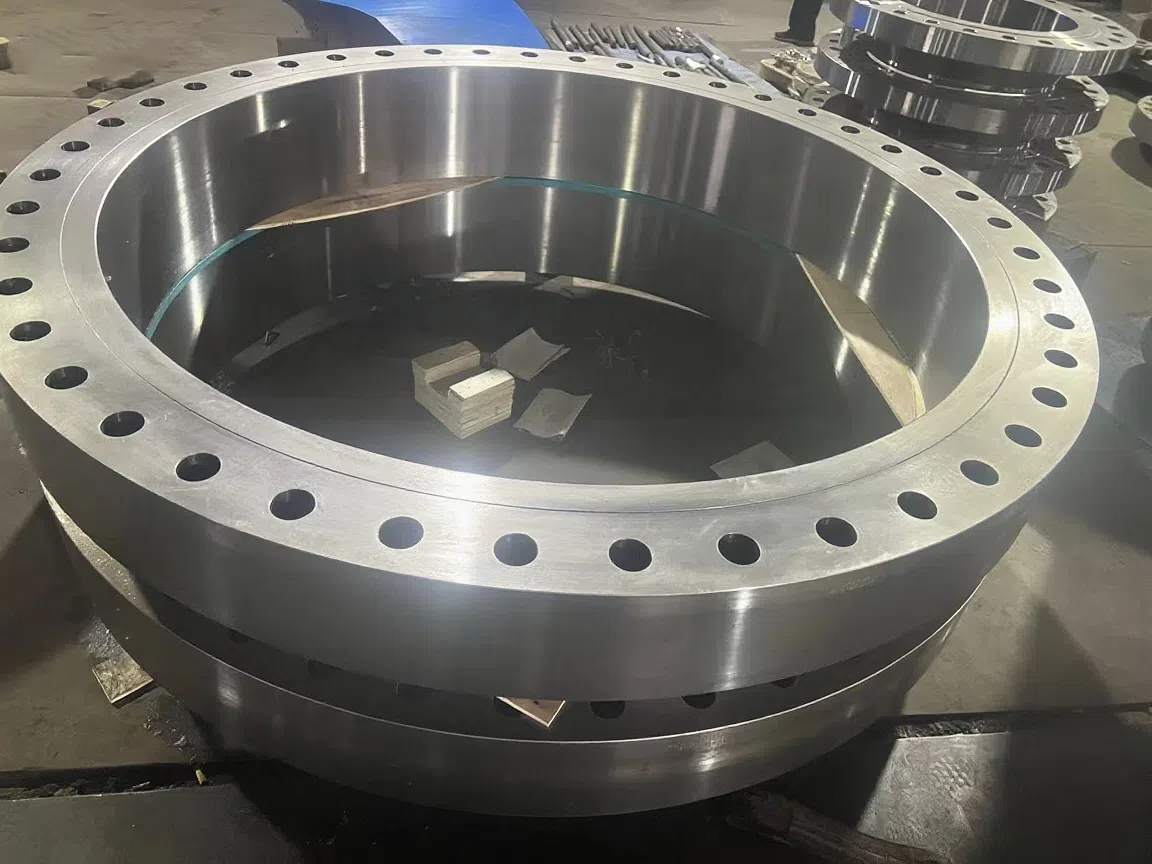
Heavy-Walled Flange Milling-Turning Machining and Flaw Detection
- Process : Machining - Turning Milling compound
- Material : Alloy steel
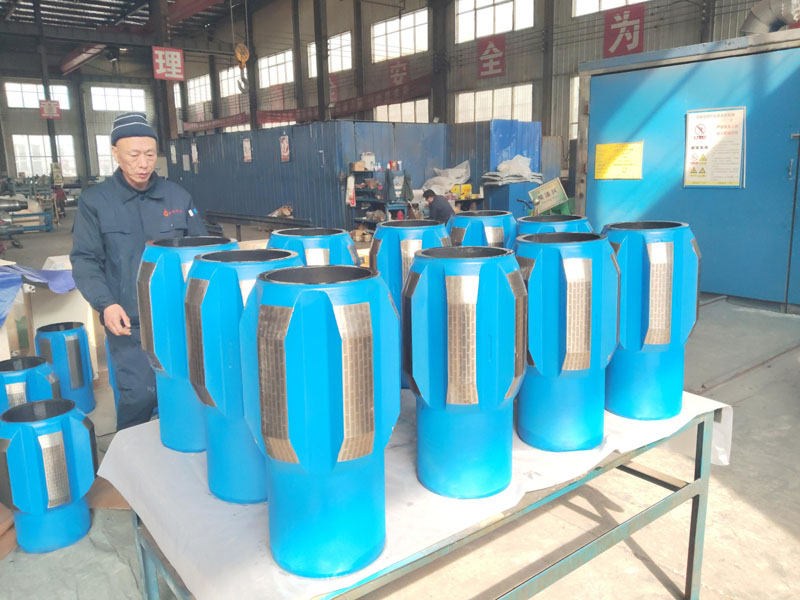
Drill Stabilizers Applied in Oil Drilling Platforms
- Process : Machining - Five-axis machining
- Material : Alloy steel
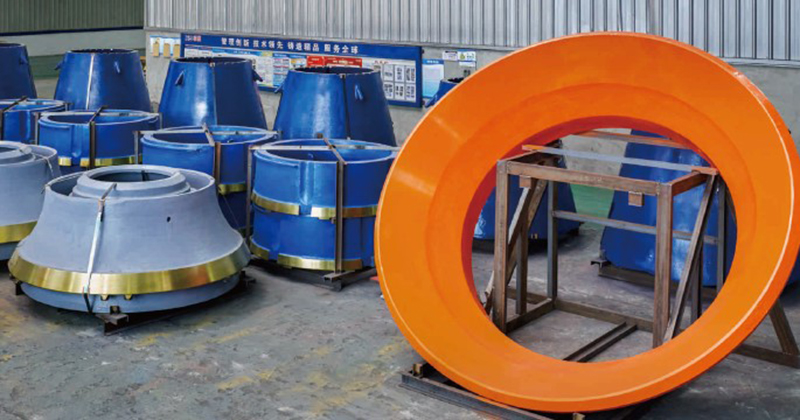
Cone Crusher Mantle
- Process : -
- Material :
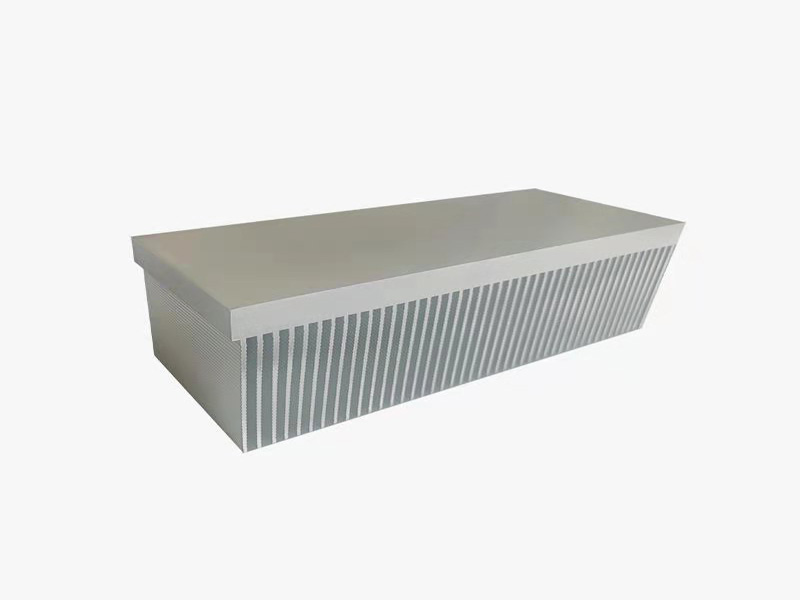
Innovative skiving technology: Breaking through the bottleneck of high-density heat dissipation technology
- Process : Surface treatment - Others
- Material : Alloy steel
More products
More
What are the machining processes used for processing axial fan housings
- Process : Sheet metal - Welding
- Material : Carbon steel

Machining Process Analysis of Carbon Steel Fixed Anchor Plates
- Process : Machining - CNC milling or milling machining
- Material : Carbon steel

Custom Fabrication of S355JR Welded H-Beams for Construction Projects
- Process : Sheet metal - Welding
- Material : Carbon steel

Precision Machining of U-Steel Profiles for Building Applications
- Process : Stamping - General stamping
- Material : Aluminum

Heavy-Walled Flange Milling-Turning Machining and Flaw Detection
- Process : Machining - Turning Milling compound
- Material : Alloy steel

Drill Stabilizers Applied in Oil Drilling Platforms
- Process : Machining - Five-axis machining
- Material : Alloy steel

Cone Crusher Mantle
- Process : -
- Material :

Innovative skiving technology: Breaking through the bottleneck of high-density heat dissipation technology
- Process : Surface treatment - Others
- Material : Alloy steel